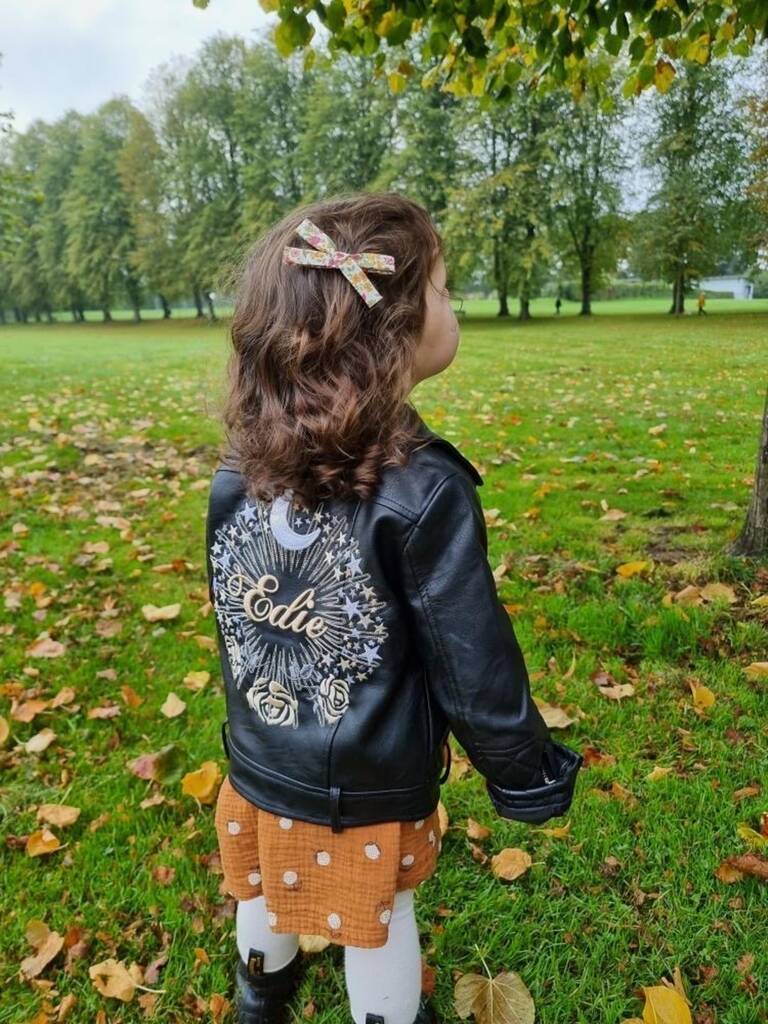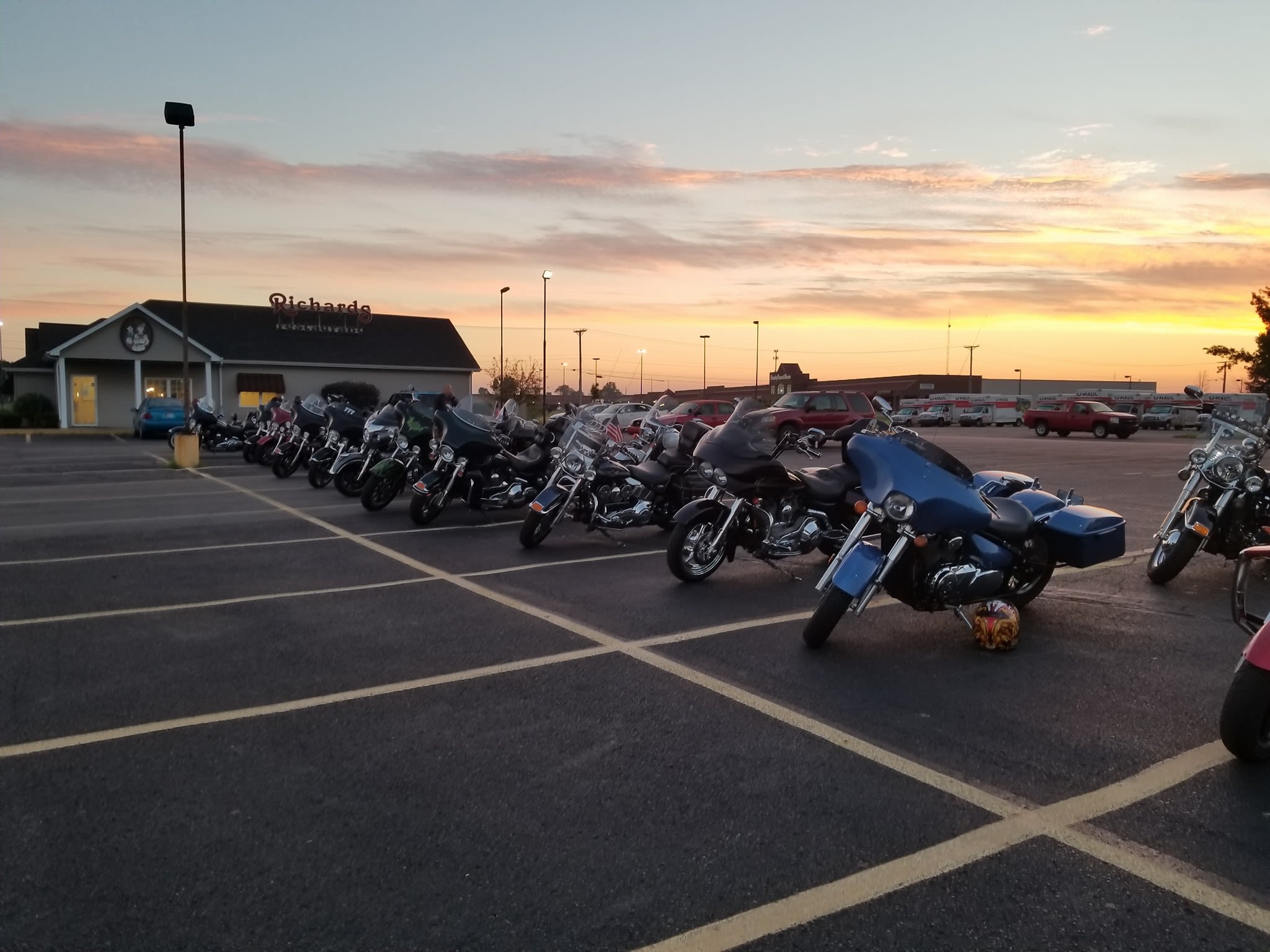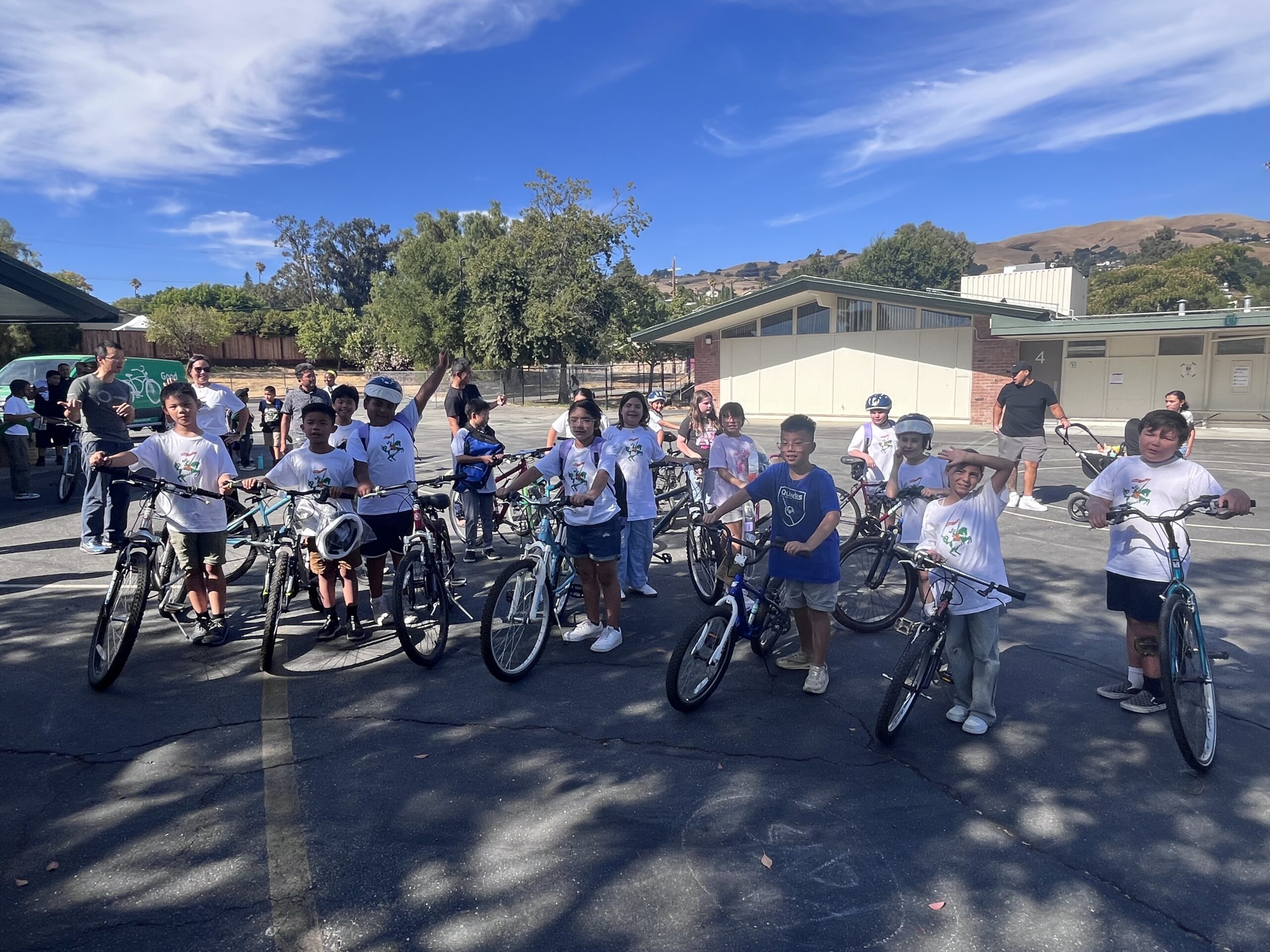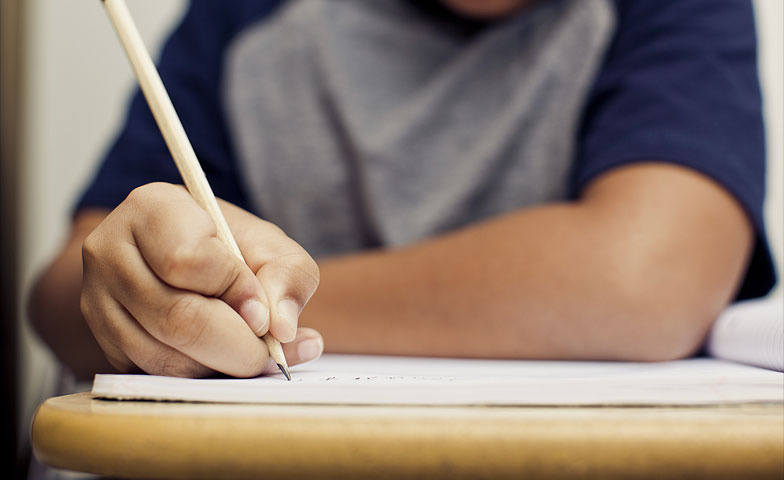42 bikers showed up at my classroom as a third-grader wrote “I wish bikers would teach my class” for her assignment about heroes.
I’m a teacher at Riverside Elementary, and when eight-year-old Isabella turned in her essay titled “Why Bikers Are Better Than Firefighters,” I thought she was just being contrarian since her father was a firefighter who’d abandoned the family.
The essay detailed how a biker had stopped to help her mom change a flat tire in the rain while seventeen cars just drove past, including one with firefighter plates.
She wrote “real heroes stop even when they’re not getting paid” and ended it with “I bet bikers would make school more interesting too.”
I gave her an A and forgot about it until Monday morning when I arrived at school to find dozens of motorcycles in the parking lot and a note on my windshield that said “Isabella invited us to teach today.”
The principal was having a panic attack in her office when I walked in.
“There are bikers everywhere,” Mrs. Henderson gasped, fanning herself with a folder. “They say they’re here to teach? Did you authorize this?”
“I… what? No. I don’t know what’s happening.”
Through her window, I could see them. Dozens of men in leather vests, standing calmly in the parking lot, some drinking coffee from thermoses. They weren’t threatening. They were just… there. Waiting.

The lead biker, a massive man with a gray beard and kind eyes, knocked on the office door.
“Ma’am, I’m Robert ‘Doc’ Stevens. We’re here at Isabella Martinez’s invitation. She said her teacher told her class to write about heroes and invite them to share. So here we are.”
My blood ran cold. That assignment. It had been theoretical. A writing exercise. “Write about your hero and what you’d ask them if they came to your class.”
I never thought anyone would actually…
“Isabella’s mom called our club president,” Doc continued, pulling out his phone to show an email. “Said her daughter had been so excited about this assignment, spent hours writing it. The kid tracked down our chapter through Facebook and sent us a message. Said her teacher promised the best essay would get their hero invited to class.”
“I never promised—”

“We know,” Doc said gently. “We called to confirm before driving two hours. Isabella’s mom explained you probably didn’t expect anyone to actually show up. But here’s the thing: when a kid says we’re heroes and wants to learn from us, we don’t say no.”
Mrs. Henderson was turning red. “This is highly inappropriate. We can’t have… have… motorcycle people around children!”
“Ma’am, I’m a retired cardiac surgeon. That’s Mike, he was a fighter pilot. Sarah over there teaches third grade in Portland. Jake’s a veterinarian. We’re just people who ride motorcycles.”
I looked out the window again, seeing the bikers with new eyes. They didn’t look threatening. They looked… eager. Excited. Like they actually wanted to be here.
“Let me talk to Isabella,” I said.

She was waiting in my classroom, practically vibrating with anxiety. “Ms. Rodriguez, are they really here? Did they really come?”
“Isabella, honey, why did you do this?”
“Because you said to invite our heroes! And they ARE heroes!” Her eyes filled with tears. “When Mommy’s tire blew out on the highway and it was raining and dark and scary, everyone just drove past. We were there for an hour. Mommy was crying because her phone died and we couldn’t call anyone. Then this biker stopped. He got soaking wet changing our tire. He gave Mommy his phone to call AAA just in case. He waited until the tow truck came even though he was late for something important.”
“That was very kind, but—”
“He didn’t do it because it was his job, Ms. Rodriguez. He did it because Mommy needed help. That’s what heroes do. Not like my dad who left because being a firefighter made him a ‘hero’ but he never came home to us because he was too busy being everyone else’s hero.”
The bitterness in her eight-year-old voice broke my heart.
“So when you said we could invite our heroes to teach us something, I thought… maybe if everyone met them, they’d understand. That bikers aren’t scary. That heroes don’t have to wear uniforms or get medals. Sometimes they just stop in the rain.”
How do you argue with that?
I went back to Mrs. Henderson’s office where she was on the phone with the superintendent, probably trying to get police involved.
“I’m letting them teach,” I announced.
“Absolutely not!”
“Isabella wrote the best essay I’ve read in ten years of teaching about what heroism actually means. These people drove two hours because a child called them heroes. How do I tell my students that when someone shows up for you, when someone treats you like you matter, the right response is to call security?”
Mrs. Henderson sputtered. “The liability—”
“Is worth it. I’ll take full responsibility.”
That’s how forty-two bikers ended up teaching third grade for a day.
Doc started. He showed the kids his prosthetic leg, lost in Afghanistan. Talked about serving his country, about the brothers who didn’t make it home, about how his motorcycle club helped him deal with PTSD.
“Being a hero isn’t about being fearless,” he told the wide-eyed children. “It’s about being scared and helping anyway.”
Mike, the former fighter pilot, brought photos of his F-16. But he didn’t talk about flying. He talked about the time his bike broke down in a bad neighborhood and instead of calling for help, he met the local kids who helped him fix it. How he started a program teaching those kids about aviation.
“Heroes see potential in people others overlook,” he said.
Sarah, the teacher from Portland, talked about why she rides. How she’d been in an abusive relationship and felt powerless until she learned to ride a motorcycle. How the freedom of the road helped her find her strength again.
“Heroes help themselves first,” she told the girls especially. “You can’t save anyone else if you’re drowning.”
One by one, they shared. The veterinarian talked about rescuing animals. The nurse talked about mobile clinics that rode to rural areas. The mechanic talked about teaching kids in juvie how to fix bikes so they’d have job skills.
Every single story came back to the same theme: Heroes are ordinary people who choose to help.








